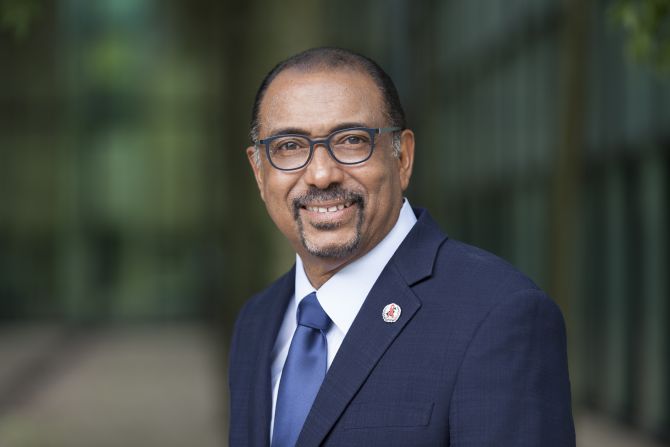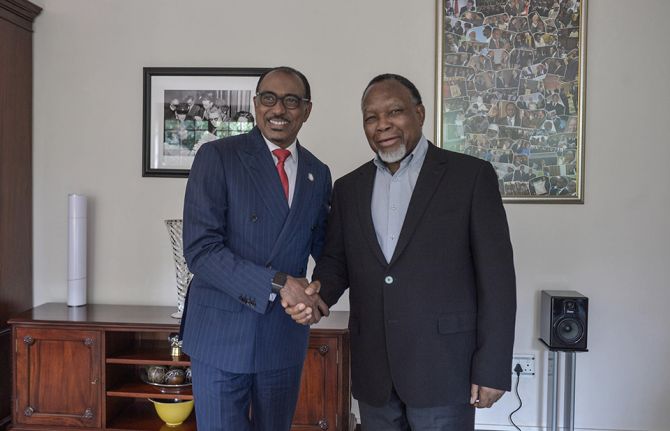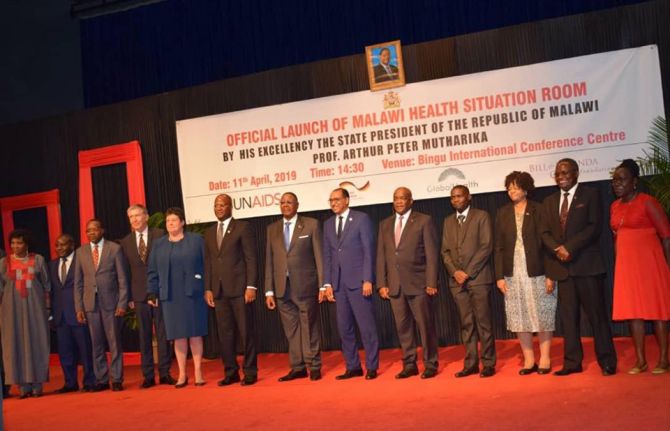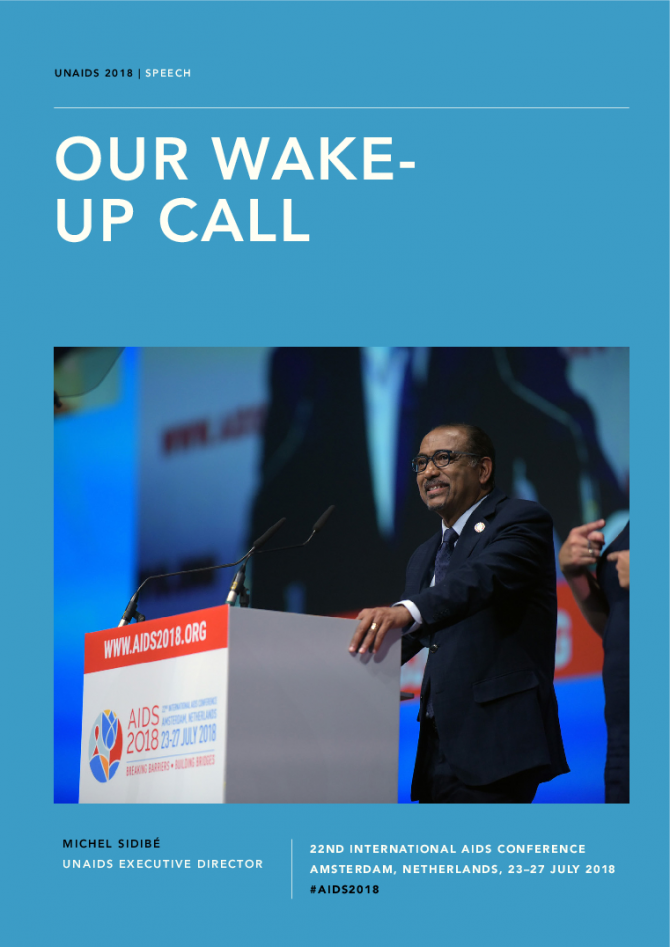
A long-standing champion of a people-centred approach to health and development and a strong advocate for social justice, Michel Sidibé was the second Executive Director of UNAIDS, serving from January 2009 until May 2019. He held the rank of Under-Secretary-General of the United Nations.
Mr Sidibé chaired the H6, a partnership that unites and leverages the mandates of six United Nations agencies to deliver on an integrated agenda for the health and well-being of women, children and adolescents. Mr Sidibé’s vision of zero new HIV infections, zero discrimination and zero AIDS-related deaths helped to drive progress in the AIDS response. The goal of having 15 million people living with HIV on antiretroviral therapy by the end of 2015 was achieved nine months ahead of schedule.
Under his leadership of UNAIDS, more and more countries adopted a Fast-Track approach through which the achievement of a set of measurable targets by 2020 will set the world on course to end the AIDS epidemic as a public health threat by 2030 within the framework of the Sustainable Development Goals.
Mr Sidibé’s leadership in calling for the elimination of new HIV infections among children contributed to a large reduction in new paediatric HIV infections in the 21 priority countries of the Global Plan towards the elimination of new HIV infections among children by 2015 and keeping their mothers alive.
Mr Sidibé’s commitment to advancing global health began in his native Mali, where he worked to improve the health and welfare of the nomadic Tuareg people. He later became Country Director for Terre des Hommes. In 1987, Mr Sidibé joined the United Nations Children’s Fund (UNICEF) in the Democratic Republic of the Congo and went on to serve with UNICEF for 14 years, overseeing programmes across 10 francophone African countries and serving as a country representative in a number of countries.
Mr Sidibé’s work earned him widespread recognition. He has been awarded honorary doctorates from Tuskegee University, Clark University, the University of British Columbia and KwaZulu-Natal University and held an honorary professorship at Stellenbosch University. In 2017, he was awarded the Emory President’s Medal in recognition of his work as a “passionate champion for health and humanity.” In 2012, he was named as one of the 50 most influential Africans by the Africa Report and, in 2009, as one of 50 personalities of the year by the French newspaper Le Monde. He is a Knight of the National Order of the Legion of Honour of France, Officer of the National Order of Mali, Officer of the National Order of Benin and Chancellor of the National Order of Chad; he is a Commander of the Order of Merit of the Central African Republic and Commander of the National Order of the Lion of Senegal and was honoured with the Most Excellent Order of the Pearl of Africa of Uganda. He was awarded an Order of Saint-Charles by Monaco. In February 2019, the heads of state of the African Union passed a motion of support for Mr Sidibé recognizing that the invaluable work of UNAIDS, under the leadership of Mr Sidibé, has saved many lives and has had a decisive impact on the AIDS epidemic in Africa.







